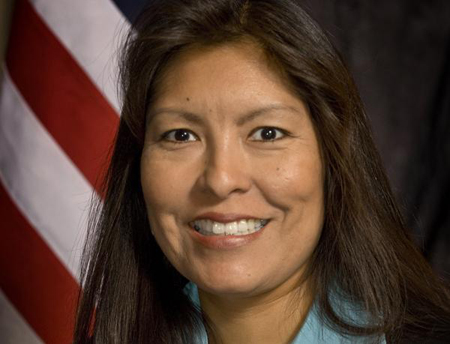By Gene Johnson, Associated Press
SEATTLE — A fight over how much fish people eat in Washington — and thus, how much toxic pollution they consume — is now in federal court.
Conservation and commercial fishing groups sued the U.S. Environmental Protection Agency on Friday, saying the agency has for too long let state officials underestimate fish consumption, resulting in weaker anti-pollution standards than are needed to protect the public.
The groups, including Puget Soundkeeper Alliance, Columbia Riverkeeper and the Pacific Coast Federation of Fishermen’s Associations, reason that if the estimates were more realistic, the state would have to more strictly regulate emmissions of mercury, lead, copper and other toxins — a prospect that concerns industry groups and that emerged as a sticking point in budget talks in Olympia last spring.
Businesses must obtain permits before they can discharge pollutants into the state’s waters under the federal Clean Water Act, and increasing the estimate of how much fish people eat could result in those permits becoming more restrictive.
The state Ecology Department has worked for years on updating the fish consumption estimates, but Janette Brimmer, an attorney with the environmental law firm Earthjustice, which filed the lawsuit, said it has amounted only to so much dithering. EPA’s failure to make the state update its consumption estimates violates the Clean Water Act, she said.
“Washington has known for years their estimates are inappropriate and inaccurate,” she said. “They keep having task forces and roundtables, and nothing is happening. My clients finally said enough is enough.
The EPA could not be reached for comment because of the federal government shutdown.
Washington’s estimate is that average fish consumption amounts to just 8 ounces — roughly one fillet — per person, per month. That figure originally came from federal guidelines published in 1990, but the EPA began backing away from that more than a decade ago and urging states to adopt more realistic estimates.
Surveys show that actual fish consumption rates in Washington are vastly higher, especially among certain populations such as American Indian tribes, sport and commercial fishermen, Asians, and Pacific Islanders — some of which average as much as the equivalent of a moderate-sized fillet per day, rather than per month.
Ecology recognizes the estimate is too low and continues working on developing new standards, said spokeswoman Sandy Howard. The department is pushing toward issuing a draft rule early next year.
“This is very difficult work. The business community has been very vocal; they believe it’s impossible work,” Howard said. “We think we can have a balance where we can have environmental protection and a thriving economy.”
During the special session of the Legislature last spring, Ecology’s efforts to update the fish consumption estimate surfaced as a late point of contention holding up a budget deal. Following concerns voiced by Boeing Co., one of the state’s largest employers, the Senate proposed doing a larger study on the issue. The study would have derailed Ecology’s efforts, but ultimately was not funded.
Jocelyn McCabe, a spokeswoman for the Association of Washington Businesses, said the members of her organization remain concerned about how the consumption estimates could ultimately affect them.
“Health and human safety is of course the first priority,” McCabe said. “But there are competitveness issues going forward. It’s natural for us to look at new regulations that will affect industries’ capability to keep their doors open and people employed.”
Last month, Washington and Oregon officials announced that people should limit how much non-migratory fish, such as bass, bluegill and perch, they eat from a 150-mile stretch of the Columbia River, based on new data about contamination from mercury and polychlorinated biphenyls, or PCBs. That prompted an angry response from some tribes, who said the states should focus on cleaning up the river rather than telling people to limit what they eat.


